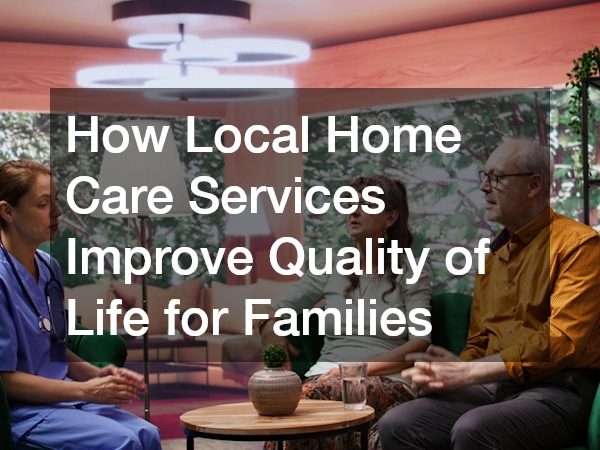Teaching your kids about proper oral hygiene should start as early as possible. It’s not just because teaching a habit when they’re young is more likely to stick with them as they grow older but also because starting proper dental hygiene at an early age reduces the chances of developing dental issues in the future.
We asked expert pediatric dentists about the right hygiene practices for every child, and here’s what they had to say:
Oral Hygiene Starts with Infancy
Despite their adorable, toothless smiles, babies are actually with all of their teeth present. It’s just hiding in their gums. At around six months, though, baby teeth start breaking through the gums. And when this happens, parents need to keep those clean as often as possible.
But even before their baby teeth erupt, parents should already be practicing some pediatric dental care by wiping their baby’s gums with a soft washcloth after every feeding. This helps minimize the growth of tooth-decay-causing bacteria that might latch onto their teeth when they start erupting.
Once their teeth do start growing out, brush them with a small amount of fluoride toothpaste at least twice a day using the softest bristle toothbrush you can find. Outside this, remove bottles away from your child’s mouth as soon as they’re done feeding to avoid ‘baby bottle tooth decay,’ a condition that afflicts children who chew on baby bottles for long periods.
Finally, schedule a visit with your pediatric dentist before your child turns one or when their first baby tooth comes out, whichever is first. This helps parents make sure that they’re on the right track with their child’s dental hygiene, not to mention alerts them to any congenital dental issues they’re child might have.
Build Good Oral Hygiene Practices Early

As your child continues to grow up, their oral hygiene habits need to evolve along with their teeth. Most kids will have a complete set of baby teeth by the age of three, otherwise known as ‘primary teeth.’ As they get older, their teeth start falling out and are replaced by ‘permanent’ or adult teeth. By age 13, their entire mouth will be equipped with adult teeth.
Baby teeth are slightly smaller than adult teeth, which is why parents often see huge gaps between their baby’s teeth. This is normal, as it helps their mouth adjust and make room for permanent teeth.
During this crucial time, parents must establish an oral hygiene routine that helps their kids keep their teeth healthy, and it should start once they get their full set of baby teeth. Once they’re old enough to handle a toothbrush, teach them proper brush strokes and toothpaste amounts (always go for a pea-sized amount), as well as the basics of flossing.
Make sure that your child brushes their teeth at least twice a day for two minutes each time. Teach them how to get through all the nooks and crannies of their teeth, and make sure they know not to floss too hard.
And most importantly, schedule a dentist appointment every six months.






